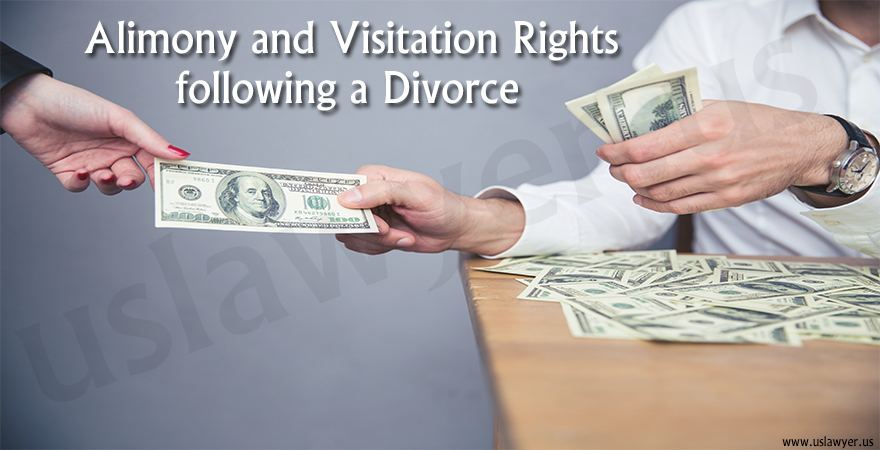
After Thanksgiving last year, my neighbors, Liz and John, announced that they were filing for a divorce.
The news came as a shocker; the seemingly happy, ten-year-old marriage was over.
Nothing, not even their four-year-old daughter Penny, could reverse their resolve.
It seemed that the marriage had ended when John got back with his childhood sweetheart Deborah.
Who pays the alimony?
As Liz and John got on with the proceedings, the question of alimony loomed up.
Although alimony laws vary from state to state, it is the financial condition of both that determines who pays the alimony.
The partner who is financially more stable is required to pay the alimony.
Several considerations like the age of the couple, duration of marriage, any support given by one spouse to the other to pursue a degree and also on who gets child custody, determine the amount of alimony.
Settling alimony is never easy and can lead to a complicated, unresolved situation.
The tussle for child custody
Although mutually decided that Liz would have the child custody rights,
the law declares that either of the married couples has the right to the custody of the child born while they were married.
US law upholds the “best interests of the child” while arriving at the decision.
Courts can grant temporary custody to a parent during the proceedings or can grant exclusive rights to only visitation rights to the other.
The parents may give joint custody for equal upbringing. In some cases, custody awards to a third party.
Grandparents and visitation rights
John’s parents found themselves at a loss; their grandchild was the center of their world, and Liz had decided to move out.
States do endorse visitation rights by grandparents and caretakers in some form or the other;
though laws boil down to finer details like who can visit the child and in what circumstances.
20 states in the US allow “restrictive rights” where a court order allows grandparents visitation rights if the parents are divorced or have died.
Most states consider “permissive visitation rights” by grandparents even if the parents are alive and not divorced.
Division of assets:
Divorce also brings in the question of the division of property.
The community property law states that both spouses own the property bought during the marriage irrespective of who paid for it.
All assets are equally divided between the couple.
